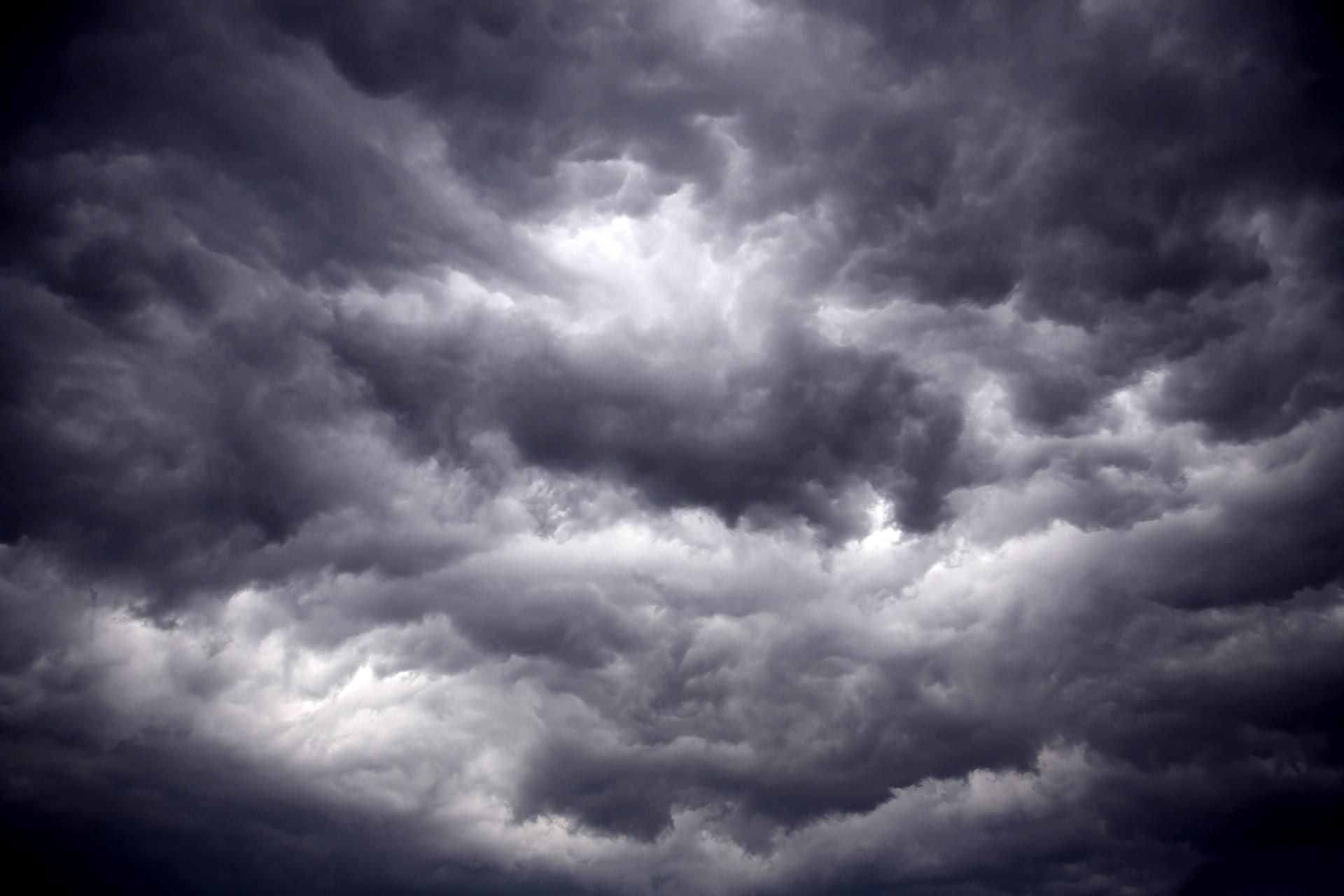WE HAVE AN ISSUE...
- Jul 4, 2019
- 2 min read

The 4th of July in Anchorage, Alaska was one to remember. The high temperature hit 89 degrees. That makes it the all-time warmest day in the city, crushing the previous record of 85 set June 14, 1969!

This comes on the heels of a June which was measured as the warmest on record, with an average temperature of 60.5 degrees -- 5.3 above average, according to the National Weather Service Anchorage. June marks the 16th consecutive month in which average temperatures ranged above normal.
Additionally. June was the driest on record, with 0.06 inches of rain. (Normal monthly precipitation in June is 0.97 inches, so June received just 6% of its normal precipitation.) The hot dry conditions have created heightened concerns for significant wild fires this summer.
Ice cover across Alaska, which normally lasts through the end of May, disappeared in March, according to the Alaska Center for Climate Assessment and Policy.

In the Bearing Sea near Alaska, 6 of the 10 warmest May-Junes the past 120 years have occurred the past 6 years.

On a global scope, he last five years—from 2014 to 2018—are the warmest years ever recorded in the 139 years that the National Oceanic and Atmospheric Administration (NOAA) has tracked global heat. 2018 was the fourth hottest year ever recorded.
Global air temperatures have warmed steadily over past decades, shifting up and down slightly from year to year depending on natural climate oscillations like El Niño, but following a consistent upward path. Land temperatures, they said, were more than two degrees Fahrenheit warmer than the 20th century average.

So what does it all mean? Does anybody care? The world-wide scientific community is in near unanimous agreement that the climate is changing and "we" are driving it. There's an issue here and we're just seeing the tip of the iceberg. It's time we take it seriously We can do better and as the most powerful nation in the world we need to lead the way. Roll weather...TS













Comments